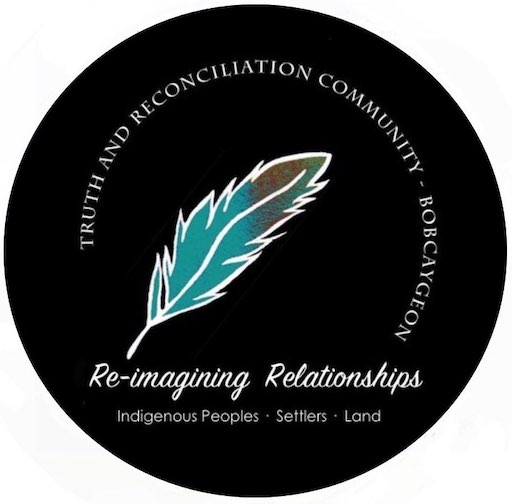Protocols for Engaging with Elders, Knowledge Keepers and Knowledge Holders
Protocols are not just “manners” or “rules” – they are a representation of a culture’s deeply held ethical system. They also have highly practical applications that may have arisen in a pre-contact context but still apply today. Protocols differ vastly from one Indigenous culture or community to another, and they can be highly complex and multi-layered. Coming to understand and practice protocols appropriately is a lifelong learning process even for Indigenous people growing up within their culture. Following protocols is a significant sign of respect and awareness. –Asma-na-hi Antoine, Rachel Mason, Roberta Mason, Sophia Palahicky, and Carmen Rodriguez de France
This article from Carleton has practical information for any individual or group working with Elders or Knowledge Keepers.
Elders are frequently invited to Carleton University to share in the opening/closing of events, speak to classes, participate on committees, take part in interviews, and provide support, guidance and spiritual help to students, faculty and staff. The purpose of this document is to establish protocol and guidelines for working with Elders, to ensure consistency in:
extending invitations,
respectful care, and
providing honouraria and compensation for additional costs.

